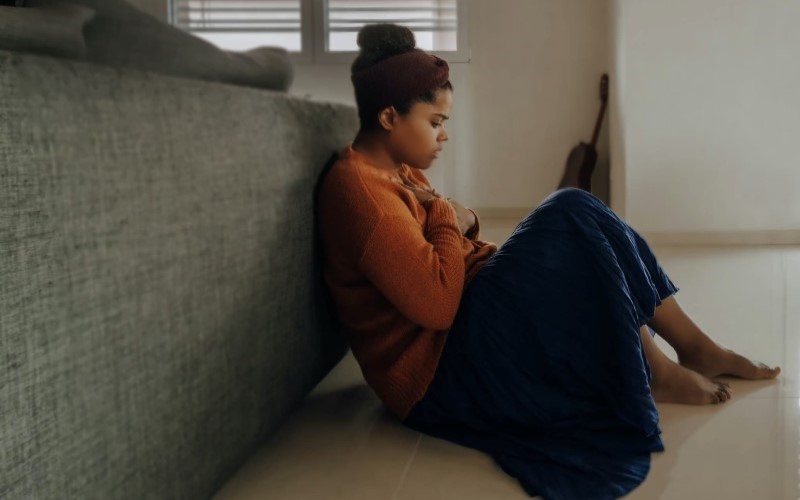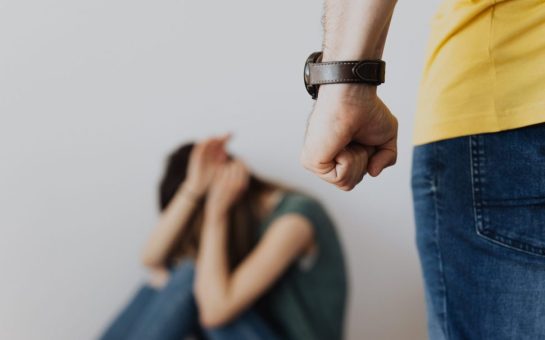The number of children and young people accessing mental health services in north west London has spiked during the pandemic, a new report has revealed.
The report, conducted among all patients of mental health services in north west London aged 25 years and under, from March 2015 to September 2021, found an average increase of 19.3% per year.
However, an even greater rise was recorded during the pandemic, when the share of new patients went from 11% in March 2020 to 40.5% in September 2021.
Bella Williams, a psychotherapist who worked with children, young people and adults in north west London over the pandemic, said: “Lockdown, and in particular school closures, led to feelings of isolation, frustration, and anxiety about falling behind and missing out.
“Being at home so much meant increased exposure to any family difficulties, which may have been exacerbated by the challenges of the pandemic.
“Children had to deal with loss, sometimes of a family member, but all of them had to detach from their previous expectations for the future, and perhaps from a belief that adults would keep them safe and maintain order.”
In her experience, children and young people coming to therapy often struggle with generalised anxiety, eating disorders, and issues with their self-esteem, and the pandemic has added a whole new layer of complexity.
She added: “Significant feelings of impotence and unfairness often result in attempts to reclaim some sense of control through unhealthy behaviours such as eating disorders, obsessive behaviours, self-harm.”
Williams, who received a significantly higher volume of referrals between the first and last lockdown, is convinced that the challenges children and young people had to face during the pandemic will have lasting repercussions.
The authors of the study also believe that in the near future more and more children and young people will seek help and support.
For this reason, they called for more resources for general practice, which has played a key role in caring for children and young people over the years and especially during the pandemic, and which will not only face increased demand but also a severe shortage of staff.
However, the shortfall of general practitioners is in fact expected to get worse according to a report published by The Health Foundation.
Currently, there is a shortage of about 4,200 full time equivalent GPs in England and it is forecast to increase to about 8,900 full time equivalent GPs in 2030 – 2031.
Furthermore, as a study conducted by The Commons Health and Social Care Select Committee explained, the number of full-time equivalent GPs decreased by 717 between March 2019 and March 2022.
The committee described this situation as the greatest workforce crisis in the history of the NHS and the government’s attempt to face it as inadequate.
The Government had in fact promised to recruit 6,000 GPs by 2024, but they are progressing with some difficulties, as some ministers said.
This crisis could lead to serious consequences, including fewer opportunities to prevent mental health events and less support for people who are already struggling with mental health disorders.
The report also highlighted the differences between age groups and genders.
Children five-to-11-years-old and young adults 18-to-21-years-old were found to be accessing mental health services less than expected, likely because they didn’t access services even if they were in need or they used different resources such as texting apps.
Girls sought help slightly more than boys and represented the majority of young people and children who were admitted to a NHS trust in north west London due to mental health events.
This gender disparity might be related to the reluctance males have to ask for help and talk about their feelings and emotions, the report suggested.
Williams said: “I would recommend that talking to an adult you trust, it could be a parent, a carer or teacher, or you may have a counsellor or nurse at your school.
“To the parents or guardians she recommended: “To parents or guardians, I would say: encourage your child to talk about their feelings, show them that it’s OK to feel sad.
“Do take care of your own mental health, and if you have further concerns, talk to your child’s GP about support.”





Join the discussion